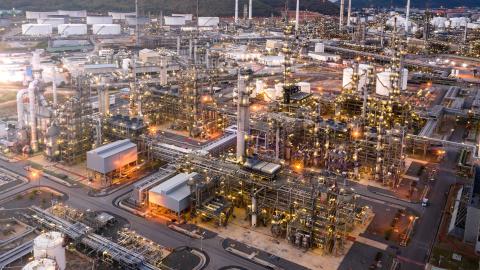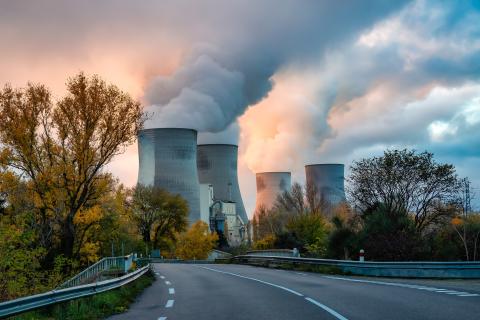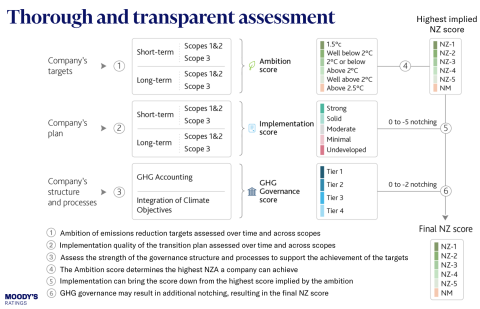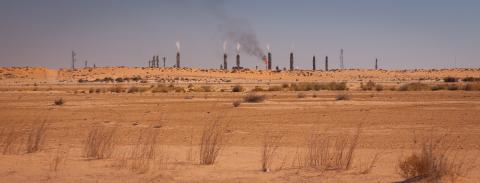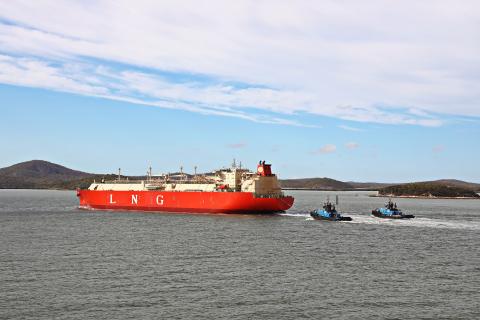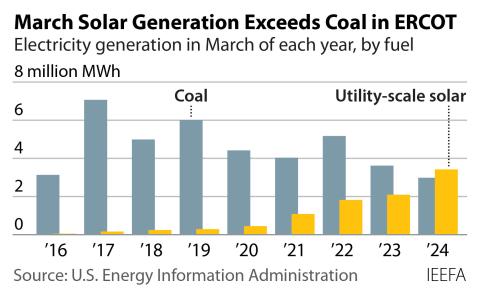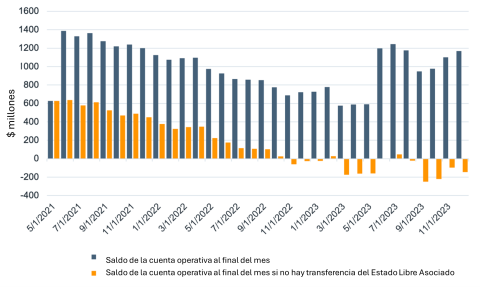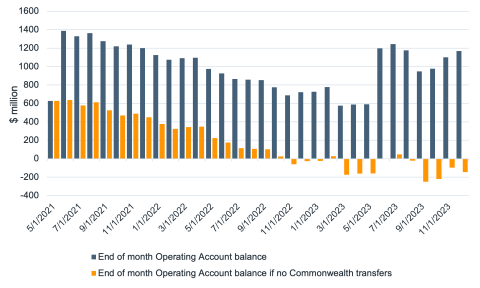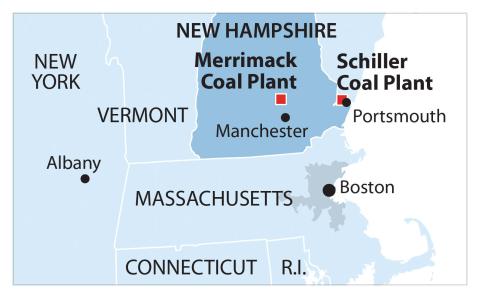IEEFA update: Financial prospects falter for LNG projects
The financial prospects for Liquefied Natural Gas (LNG) ‒ once one of the globe’s hottest energy commodities – seem to be imploding before our eyes.
In the most recent step in a monumental market meltdown, front-month LNG futures prices in Asia settled yesterday at just $2.05 per MMBtu. As recently as a year and a half ago, LNG sold for as much as $12 per MMBTU in Asia—meaning that LNG prices today are just one-sixth as high as they were in the fall of 2018.
HIGH PRICES IN PRIOR YEARS HAD SPURRED A TORRENT OF NEW LNG PROJECTS around the globe. But that optimism sowed the seeds of the fuel’s current troubles, as massive new supplies of LNG, much of it coming from the U.S., flooded global markets even as demand growth remained muted. The resulting oversupply fueled a global price slump: even before COVID-19 decimated global energy demand, LNG prices were already plummeting to a ten-year low.
The economic slowdown has cooled oil, gas, and petrochemical demand
LNG – which is just ordinary natural gas that has been chilled and pressurized so that it can be shipped as a liquid – has been hailed both as a financial savior for the struggling U.S. gas sector, and as a climate boon for Asian economies aiming to turn away from coal-fired power. Yet the climate benefits of LNG are likely vastly overstated—and, if the price collapse continues, the financial value of LNG may turn out to have been overhyped as well.
ALL SORTS OF FOSSIL FUEL PROJECTS HAVE BEEN DELAYED OR CANCELED over the past month as the global economic slowdown has cooled oil, gas, and petrochemical demand. But LNG projects have been particularly hard-hit. Here’s a quick timeline of recent announcements of LNG setbacks around the globe:
- March 23: Santos – Barossa / Darwin LNG (Australia) – Santos Ltd deferred an investment decision on its Barossa gas project amid plunging global prices. The Barossa would help keep Australia’s Darwin LNG plant open, since the gas field that currently feeds the plant is expected to dry up in 2022.
- March 24: Sempra – Costa Azul (Mexico) / Port Arthur (Texas, USA) – Sempra postponed an investment decision on its Costa Azul LNG plan, and backtracked on its commitment to come to a Port Arthur LNG project by the third quarter of 2020.
- March 25: Woodfibre LNG (Canada) – Woodfibre delayed construction on its proposed $1.8 billion liquefied natural gas (LNG) project north of Vancouver, BC until the summer of 2021.
- March 27: Woodside Energy – Pluto Train 2 (Australia) – Woodside deferred its decision on its Pluto Train 2 LNG project in Western Australia until 2021. The company also postponed decisions on its Scarborough and Browse gas projects.
- March 30: Royal Dutch Shell/ETP – Lake Charles, (Louisiana, USA) – Shell announced that it would completely pull out of the proposed Lake Charles LNG project, handing over project development to its erstwhile partner, Energy Transfer LP. At the same time, Energy Transfer delayed its final decision on the project until 2021.
- March 31: LNG Limited – Magnolia LNG (Louisiana, USA) and Bear Head (Nova Scotia, Canada) – Financing for LNG Limited, the Australian company planning a liquefied natural gas export facility near Lake Charles, Louisiana, fell through. The publicly traded company was hoping for bridge loan to keep it afloat until it could be taken private by a company in Singapore.
- April 6: Qatar Petroleum – North Field East (Qatar) – Qatar’s state-owned oil and gas conglomerate postponed construction bids on its North Field East project, citing impacts from the global coronavirus response. At the same time, the firm delayed the target opening date for its LNG project until 2025.
- April 7: Royal Dutch Shell – Crux (NW Australia) – Shell’s Australian unit, along with its joint venture partners, delayed a final investment decision on its Crux gas project in offshore Australia. The decision was initially planned for this year.
- April 7: ExxonMobil – Rovuma (Mozambique) – ExxonMobil delayed its final investment decision for the Rovuma LNG project in Mozambique. The decision had been slated for later this year, and the company has yet to announce a new target timeframe.
- April 7: Golar LNG/BP – Grand Tortue (Mauritania & Senegal) – BP invoked “force majeure” in a petition for a one-year delay in taking receipt of a floating liquefied natural gas facility for the African Tortue Ahmeyim project.
- April 16: Pieridae Energy Ltd – Goldboro LNG (Nova Scotia, Canada) – The proponent for Nova Scotia delayed an investment decision that had been planned for this fall.
In most cases, the companies pinned the delays on the novel coronavirus, while ignoring the fact that LNG prices were already deflating long before the worst impacts of the pandemic were being felt. And what’s notable is the sheer number and scope of the LNG announcements. Companies of all scales—from giant state-owned enterprises, to publicly traded oil and gas supermajors, to smaller and more speculative start-ups—are pulling back from their LNG commitments and reevaluating their options.
The LNG industry entered today’s crisis on shaky footing. And now that the economic slowdown is in full swing, all previous LNG supply and demand projections have been rendered moot, and all crystal balls remain cloudy. In that context, delay is a smart decision.
Clark Williams-Derry is an IEEFA energy finance analyst.
Related items:
IEEFA Report: The Growth of Australia’s LNG Industry and the Decline in Greenhouse Gas Emission Standards
IEEFA podcast: What’s the ‘new normal’ post coronavirus? Australia says gas
Bloomberg: Sinking Gas Threatens to Halt LNG Plants From U.S. to Malaysia
Reuters: Structurally cheaper LNG should displace coal from Japan, and broader Asia


